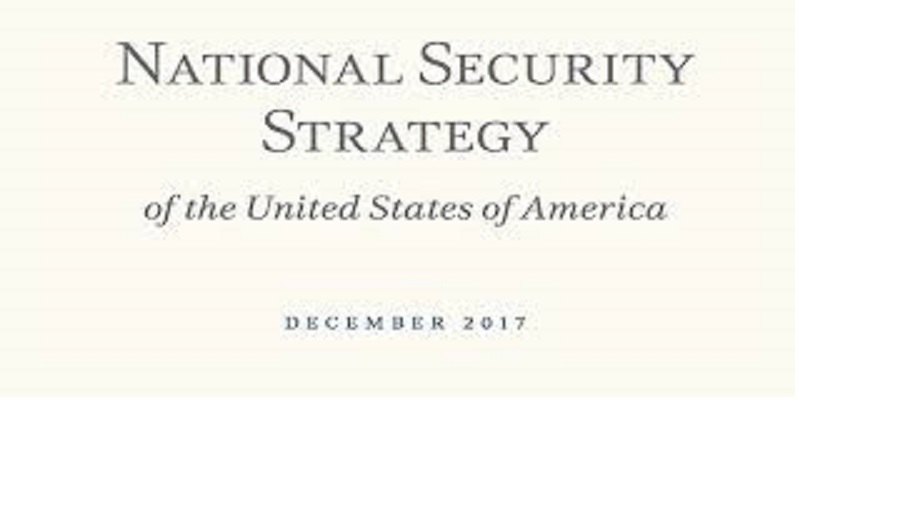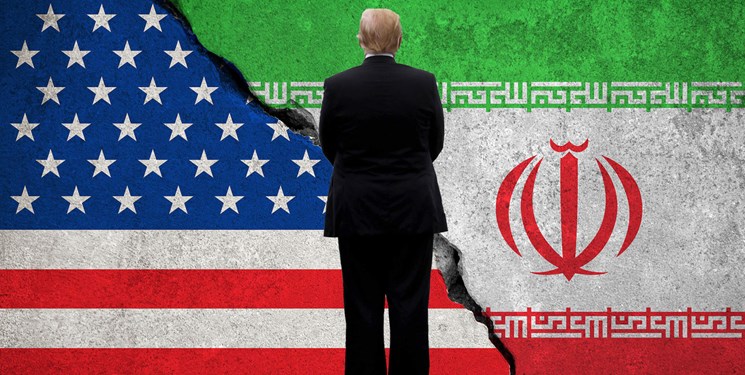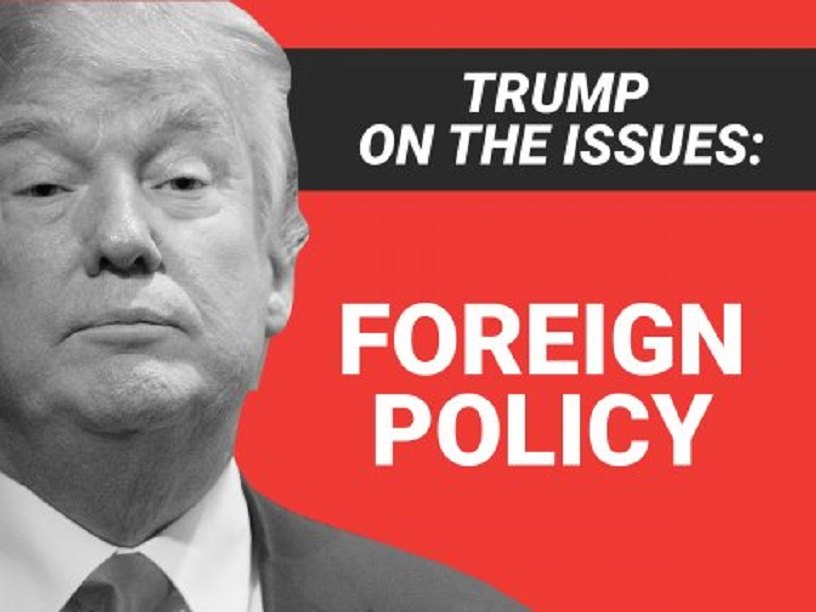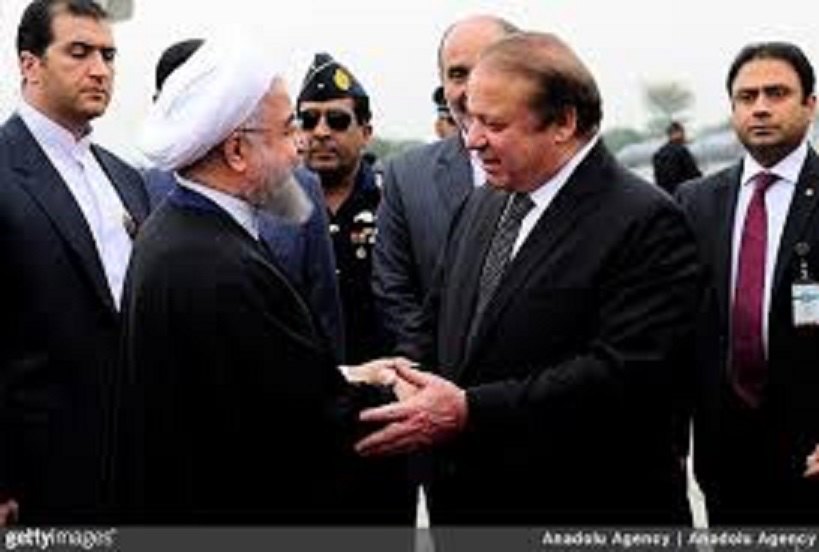Trump and the Relations between Iran and Europe
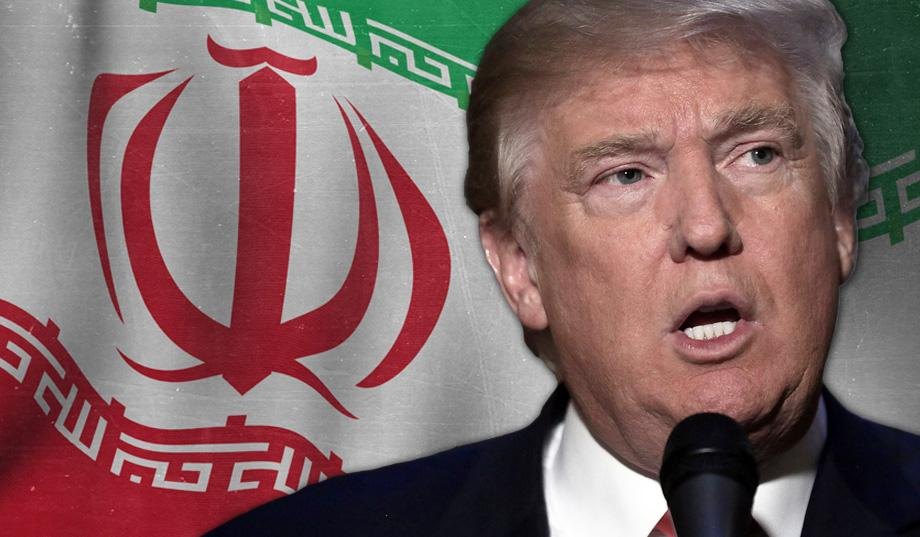
Yasser Nooralivand
The study of relations between Iran and Europe in recent years approves the fact that the orientations and interactions of the EU with Iran have basically been affected by the goals and policies of the US. Thus, considering this variable and its role one can provide a correct analysis on the relations between Iran and the Europe during Trump Administration.
In both sides of Atlantic, Europe and the US show a great deal of convergence in the strategic policies especially security issues. But in economic and trade fields as well as the approaches to achieve those fields, they sometimes have different views, they compete with each other and try to take over the world market and in this respect signs of divergence have appeared.
Any time Iran has turned to a serious and urgent security threat for the West, the convergence between the both sides of Atlantic vis-à-vis Iran has raised to the extent that the Europe has ignored all its interests in the relation with Iran has totally acted in favor of the US.
Today the EU is looking to its relations with Iran through the JCPOA. In their view, JCPOA has turned Iran from a “direct and urgent threat” to an “economic and trade potential” and the EU considers this development as the result of its diplomacy and the mediatory role of its foreign policy.
As the result of JCPOA, Iran’s nuclear threat that used to be the point of convergence between the US and the EU has lost its relevance.
In the situations that Donald Trump, president of the US, still considers JCPOA as a fundamental threat for his country and its regional allies at its current form, the Europeans who have played a decisive role in this agreement do not think the same and oppose this policy.
Donald Trump and particularly his advisors as well as his foreign policy team will try again to validate their view that Iran is a threat through aggrandizing two issues; Iran’s missile tests and its growing regional influence and power. With these two, the US will try to fill the existing gap –caused by the JCPOA- with Europeans and maintain trans-Atlantic integration against Iran during the new period.
The reality is that economic stagnation in the southern parts of the Europe, the crisis of Ukraine, refugee challenge, terrorism and Brexit have caused several problems for the EU and the Europeans have fully understood that all these challenges would not be solved solely in cooperation with the US especially during a period in which an administration has taken over the power in the US which doesn’t accept the EU and its mechanisms.
Although the destructive role of the US would remain the same due to deterrent role of the unilateral sanctions, but as long as Iran fulfills its commitments under the JCPOA and does not introduce itself as a threat to the Europe by resorting controversial measures, the Europeans would continue to develop their relations with Iran in spite of the oppositions expressed by the Americans.
The Islamic Republic of Iran should de-securitize its bilateral relations and marginalize the political challenges between this country and the EU through the continuation of détente policy and constructive interaction; and at the same time try to develop and deepen its relations with Europe through institution-building as well as making use of dual channels namely the relations with the EU as a whole as well as its bilateral relations with every single EU member.

